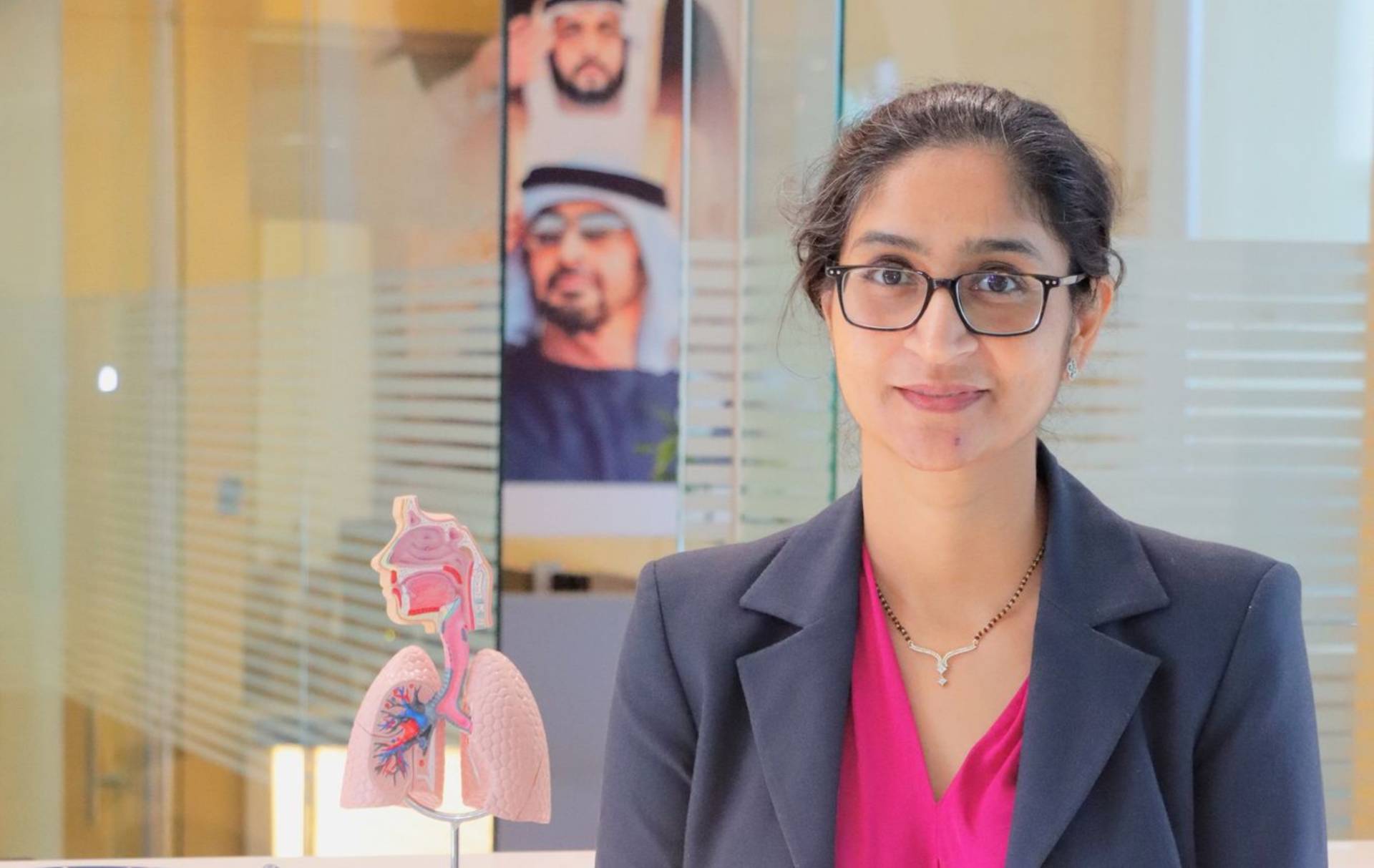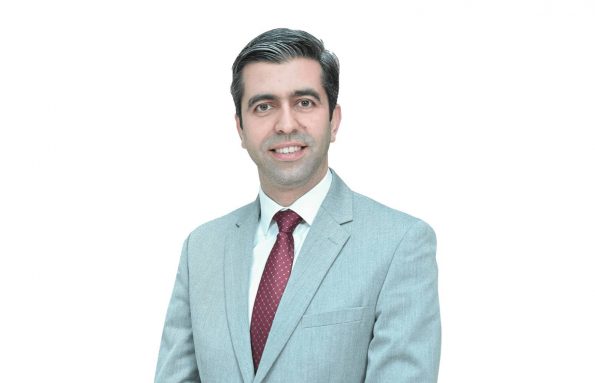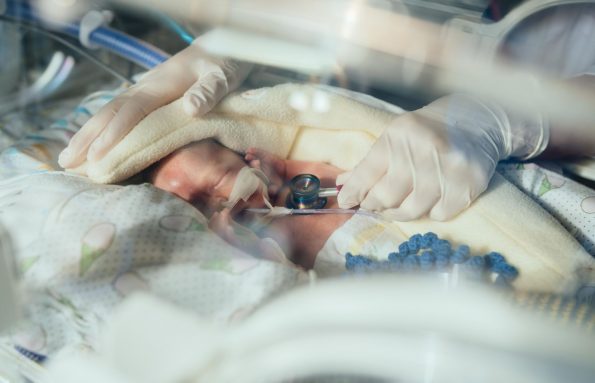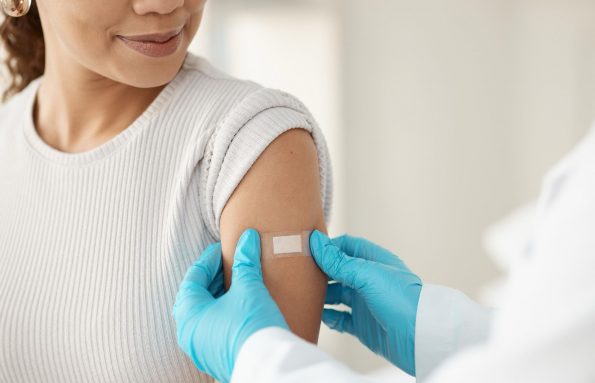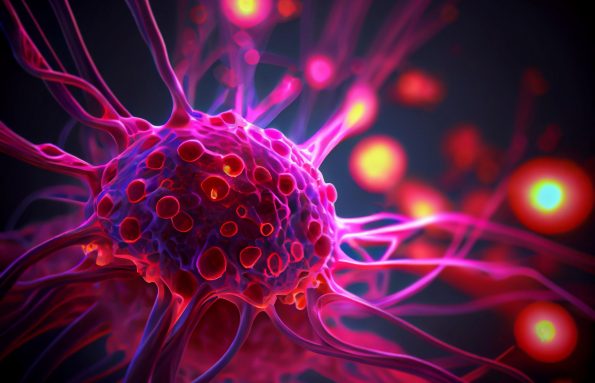By Dr. Puja Gaur Khaitan, Consultant Thoracic Surgeon, Sheikh Shakhbout Medical City
When we hear the term ‘lung cancer’, the first thought that often comes to mind is smoking. While tobacco use remains a leading cause, a growing number of patients in the UAE and globally are being diagnosed with lung cancer despite never having smoked a day in their lives. This trend, coupled with low screening rates, is raising serious concerns among healthcare professionals and the community alike.
Lung Cancer: A Growing Burden in the UAE
Lung cancer is one of the leading causes of cancer-related deaths worldwide, and the UAE is no exception. According to the UAE National Cancer Registry, lung cancer consistently ranks among the top five cancers in men and top ten in women. With rapid urbanisation, lifestyle changes, and increasing exposure to environmental pollutants, lung cancer remains a significant public health challenge.
What makes lung cancer particularly dangerous is that it often remains asymptomatic until it has reached an advanced stage. By the time patients seek medical attention, treatment options may be limited and survival chances significantly reduced.
Not Just a Smoker’s Disease
The stereotype of lung cancer as a “smoker’s disease” is being challenged by a growing body of evidence. Studies estimate that nearly 15-20% of lung cancer patients globally have never smoked. In the UAE, this number appears even higher among women.
Key Risk Factors for Non-Smokers in the UAE:
- Second-hand smoke exposure: Especially in households or social settings where smoking is still prevalent.
- Air pollution and sandstorms: Particulate matter and pollutants in urban air have been linked to lung diseases, including cancer.
- Indoor air pollution: From incense burning (bakhoor), cooking fumes, and poor ventilation.
- Occupational exposures: Especially in industries involving construction, oil and gas, or chemicals.
- Genetics and hormonal factors: Certain genetic mutations (e.g. EGFR) are more common in non-smoking Asian and Middle Eastern women.
- Radon gas exposure: Although less commonly discussed, radon – a naturally occurring radioactive gas – can be present in buildings and homes.
The Case for Early Screening
In places such as the US, Europe, and parts of Asia, low-dose CT scans (LDCT) are used to screen high-risk individuals – usually heavy smokers over the age of 50. But in the UAE, formal lung cancer screening programmes are still in their infancy.
Why Screening Matters:
- Early detection saves lives: Lung cancer diagnosed at Stage I has a five-year survival rate of nearly 70%, compared to less than 10% for Stage IV.
- It is non-invasive and quick: A low-dose CT scan takes minutes and has minimal radiation exposure.
- It is cost-effective: Early treatment is less intensive and more successful, reducing overall healthcare costs.
Who Should be Screened in the UAE?
While current guidelines prioritise smokers, the UAE needs a broader, more inclusive approach:
- Smokers and ex-smokers aged 50 and above with a significant smoking history.
- Non-smokers with a family history of lung cancer.
- Individuals exposed to occupational or environmental risk factors.
- Women with unexplained chronic cough or fatigue – particularly those of Asian or Middle Eastern descent.
Breaking the Stigma and Raising Awareness
One of the major barriers to early diagnosis is stigma. Non-smokers often delay seeking care, assuming they’re not at risk. Moreover, society tends to associate lung cancer solely with lifestyle choices, causing emotional distress and social isolation for those diagnosed.
We need to change this narrative.
Healthcare providers, policymakers, and community leaders must work together to:
- Promote public education campaigns that highlight the risks for non-smokers.
- Encourage open conversations about respiratory health.
- Integrate lung cancer screening into primary care and wellness check-ups.
- Invest in research tailored to the UAE population’s unique genetic and environmental factors.
Moving Forward: A Call to Action
The face of lung cancer is changing. It is no longer confined to the image of a long-time smoker. In the UAE, where healthcare infrastructure is world-class and technology is readily available, we have the opportunity – and responsibility – to lead the way in tackling lung cancer differently.
Let’s advocate for:
- National screening guidelines that reflect our population’s diversity.
- Increased access to low-dose CT scans across public and private health sectors.
- Personalised treatment approaches, especially for EGFR-mutated lung cancers common in non-smokers.

